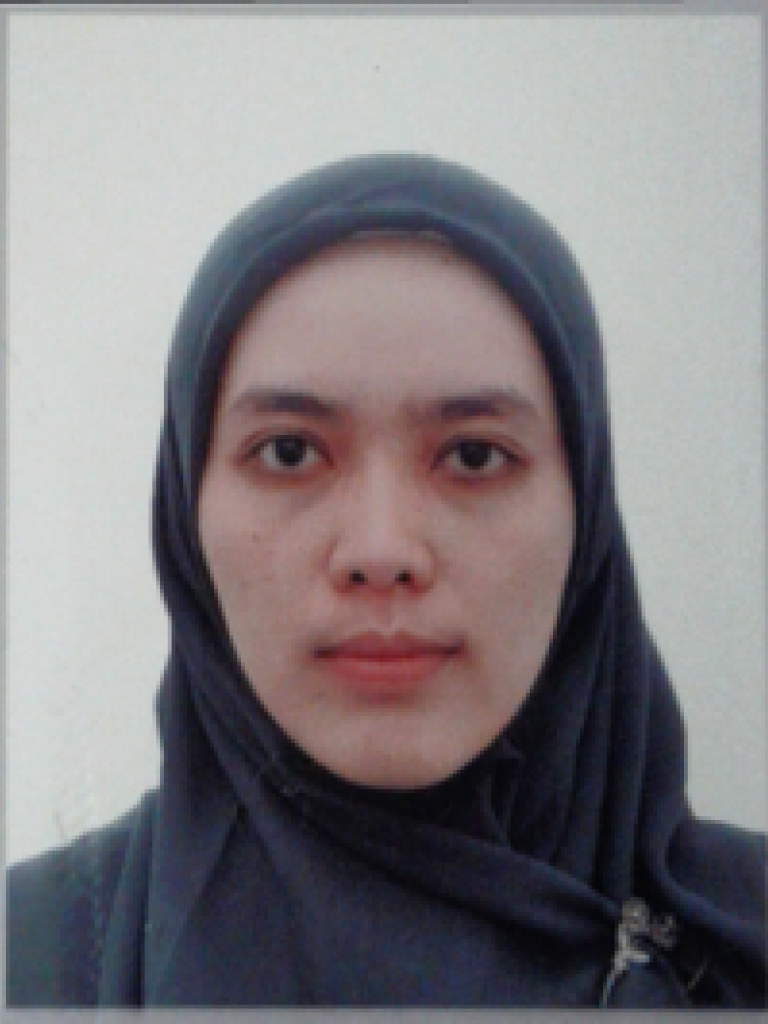
Erwida Maulia Subiakno
- 2015
- Press Fellow
I'm a news editor and senior writer for an English news portal in Indonesia, thejakartaglobe.com. Apart from doing regular editing work, I have been writing extensively on environment and science topics. 1. Why did you choose to become a science journalist? I have been interested in many areas of science since I was a kid. While doing a pharmaceutical study in college, I was exposed to student journalism and began to also develop a strong passion for writing and journalism. Becoming a science journalist allows me to combine these two things I'm most passionate about. And I hope my science journalism work can help popularize science among the Indonesian public in general. 2. What role do science and science communication play in your country? Science should lay the foundations for Indonesia's development plans and policies across various sectors — especially now that global warming and climate change demand more than ever that our country, like the rest of the world, choose a sustainable path for development. This means every decision making, every policy made by the government should be science-, or evidence-based. Science communication will help educate our decision makers and the public in general on many science issues – thus hopefully contribute to better, more evidence-based policy-making processes in the country. 3. What speakers or topics of this year’s Falling Walls events are you most looking forward to? And why? I am especially looking forward to hearing the session by Mr. Andrea Accomazzo; space technology is among my particular areas of interest, and I would love to hear firsthand Mr. Accomazzo's experience in managing the operations of ESA's Venus Express. Also, I'm very much looking forward to hearing more about Prof. Arjen Y. Hoek's concept of water footprint — I think it's a very interesting concept that many of us in Indonesia haven't heard about. I'm also really looking forward to hearing Prof. Wolfgang Ketterle's work on atomic physics, which I think is very inspiring. 4. In your opinion, which are the walls that will have to fall in science and society within the next five years? Given the urgency of issues surrounding global warming and climate change, I believe that the walls that will have to fall within the next five years are those surrounding the development of renewable energy and other green technologies, as well as research and innovations that will help people in many different parts of the world mitigate impacts of climate change — including on health, welfare and human interactions (conflicts fueled by climate change come to mind).